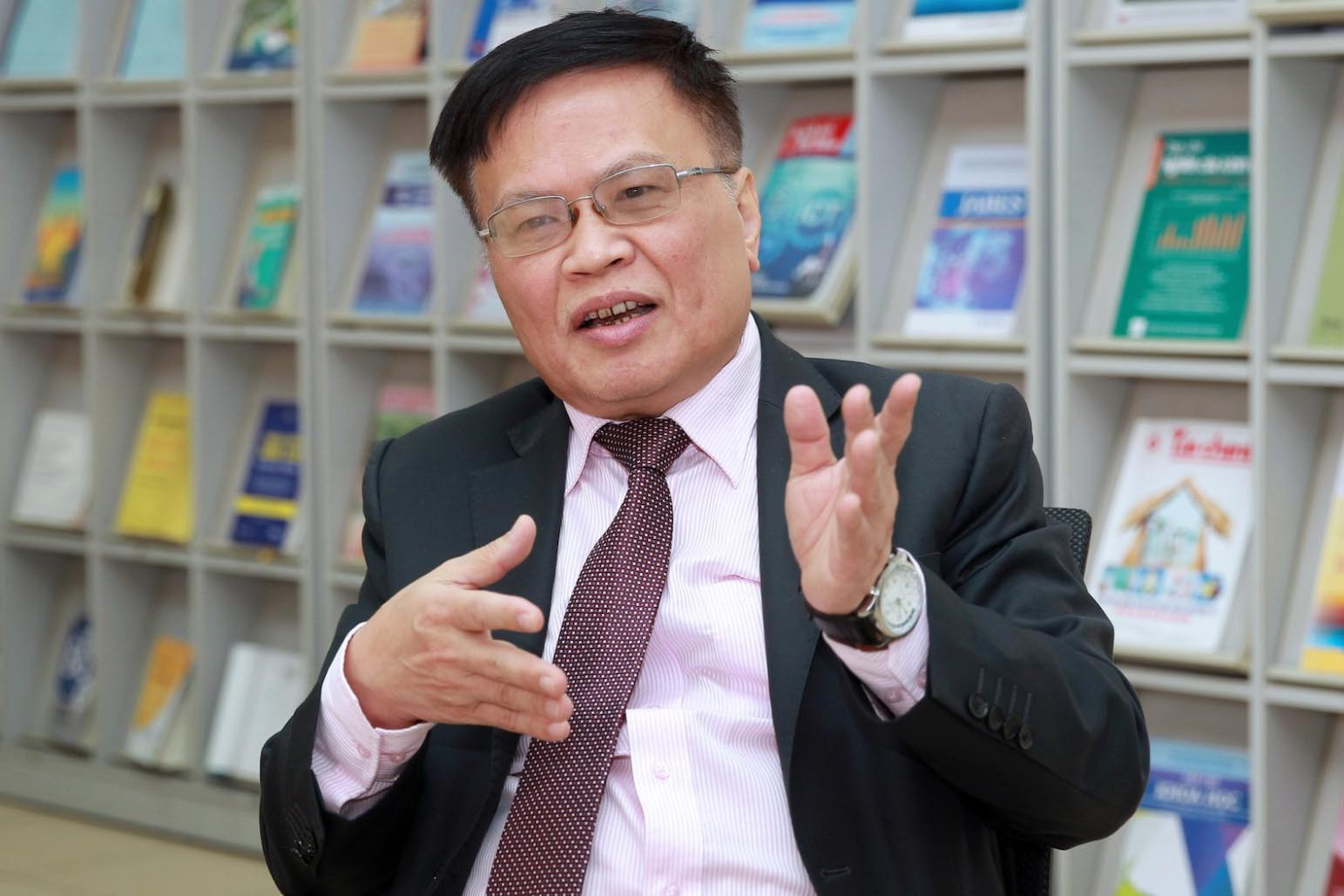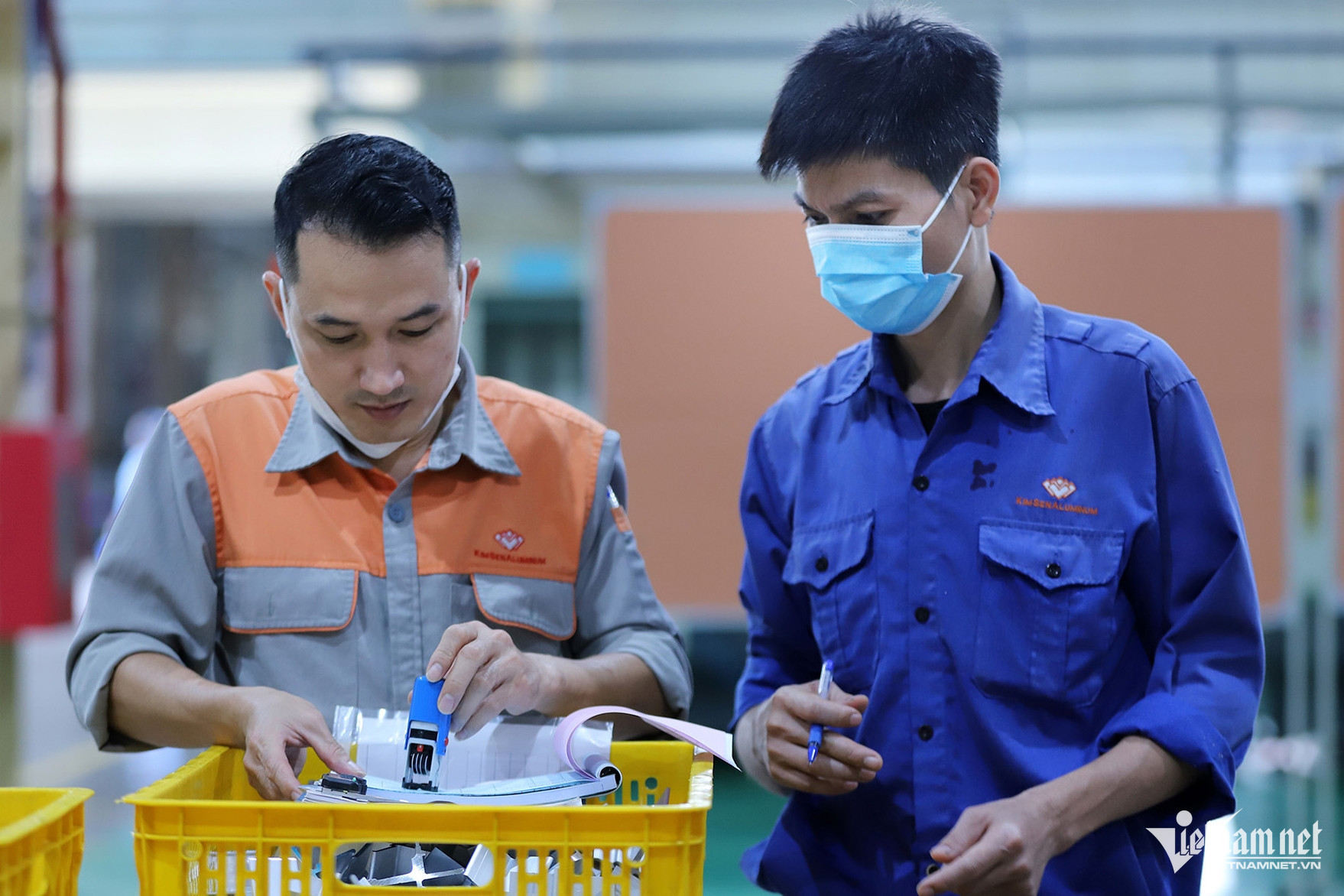
Former director of the Central Institute of Economic Management (CIEM) Nguyen Dinh Cung is a respected economist known as a compiler of the 1999 Enterprise Law with revolutionary provisions that helped enterprises’ join markets and reduce operation costs. He is also known for contributions to the recovery and development of the private sector in Vietnam. Following is an interview with Cung:
You have returned from a trip to many cities and provinces where you met a lot of entrepreneurs. Could you please tell us the most impressive stories you heard?
During the trip, I met many enterprises that had gained great achievements in agriculture. They produce and process coffee, rice, farm produce and seafood.
The enterprises have been growing fast thanks to several factors. First, they have export markets. Second, they all make heavy investments in R&D (research and development) and try new materials.
A packaging enterprise said it had to buy equipment to test products to satisfy foreign partners’ requirements. The products must have a high quality, so that they won’t break down if the consignment falls from a height of 20 meters to the ground. The testing cannot be done manually, but only by machines. Small enterprises also have to spend big money in R&D.
A seafood company told me that they have invested VND1.2 trillion in total in R&D over many years.
Loc Troi Group, a big rice producer, has made investments in scientific research. They said that the land conditions in the Mekong Delta are just suitable for rice farming, not other crops, and growing rice all year round still can bring profits.
The question they have raised is that, when restructuring the Mekong Delta, which animal and which plant should be farmed instead of rice, and which crops will be sustainable. They talked about this based on their own research.
R&D is really important, especially in the context of the country’s green transition and digital transformation. It that a worthy suggestion for other enterprises as well?
All businesses said they can grow thanks to investments in R&D. Businesses nowadays don’t want to receive any ‘ask-and-grant’ support from the state. They said they refuse this type of support because of high risks. It is a growing tendency that businesses don’t get involved in the state’s capital and assets.
I asked them if they could work with research institutes or universities and benefit from the cooperation, and they said ‘no’.
Businesses told me that research institutes are too academic, and they don’t convert disciplinary research into commercial products and services, and that their research does not fit businesses’ requirements.

Why do enterprises invest tens of millions of dollars in labs, but don’t think of cooperating with research institutes and innovation centers which also have modern labs? This remains questionable.
What are the businesses’ biggest concerns?
The biggest barrier for them is land inaccessibility. Both state-owned and private-run enterprises are coping the problem.
A state-owned rubber enterprise in DaNang, which has been growing well, cannot expand its production because there is no more land to lease in the industrial zone, while the municipal authorities cannot help them find land. As a result, they lost a development opportunity.
A private enterprise in DaNang has been making packaging products for decades at their home and they have recently expanded production by buying neighbors’ houses. Luckily, the neighbors planned to leave for the US to settle down with their children and they agreed to sell their houses. If they had not, the enterprise would not have land to expand their workshops.
Current unreasonable regulations makes it impossible for enterprises to rent land. Decree 35 released in 2023 stipulates that when enterprises want to get more land allocated and compensate residents for site clearance, they will have to get agreements from neighbors. This is really an unreasonable requirement. However, in industrial zones, there is no resident to ask, and as a result, enterprises cannot fulfill procedures to get more land leased, and their investment projects have been pending.
With the enforcement of the new Land Law, enterprises will find it difficult to access land outside industrial zones, while it would be costly to lease land in IZs to set up workshops.
Could you please tell us about private investment now?
The investment of the non-state economic sector only grew by 2.7 percent in 2023 and 6.8 percent in the first half of 2024, while in previous years, the investment growth rate was 15-17 percent.
Tu Giang - Lan Anh